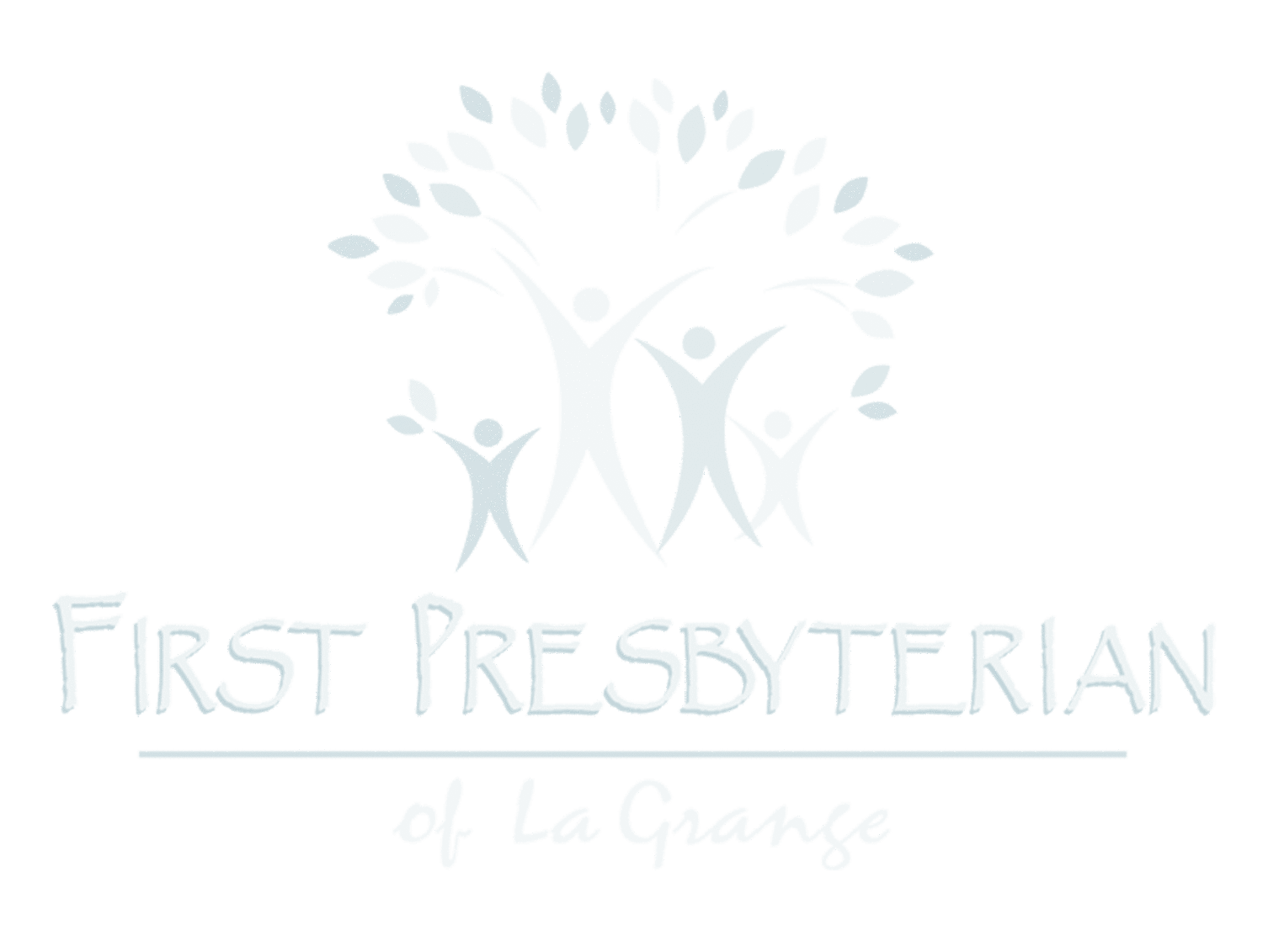Dear Auld Acquaintances:
With a click of the clock and a flip of the calendar, one year supersedes the last and we find ourselves reminiscing on the past and casting our speculation into the future. Most midnights pass without observation, many with no waking attention at all, but somehow the eve of a new year requires our undivided attention, counting down the seconds and embracing the first moments of something “new.”
Concurrent with the tick of the annual observance, the musical setting of "Auld Lang Syne" echoes through the reminiscent bell of Guy Lombardo’s saxophone. Someone asks again what it means. A literal translation of Robert Burns’ romantic poetry is tossed forward: "old long since." While the code of word-for-word connection may have been broken between our modern English and Burns’ 1788 Ayrshire dialect, the question, "What does it mean?" remains unanswered, falling to the floor with the champagne bubbles and confetti.
Robert Burns himself credited an old Scottish poet, James Watson, for having penned the first version of the poem around 1711, nearly 50 years before Burns' birth; but Burns himself is credited with rounding out the verse and providing additional (now familiar) stanzas and chorus, setting it to a traditional song identified in Roud’s Folk-Tune Index as #6294.
A far less singable interpretation of the poem begins with a question: “Is it right to completely forget old acquaintances, never to bring them to mind? Should we forget those friendships from long ago? Let’s raise a cup of kindness for old times remembered.”
The subsequent verses are more easily understood: singing our promise to buy each other drinks while recalling when we ran the hills and picked flowers, paddled through streams and faced stormy seas; we’ll join hands now as we drink a large beer and remember the good old days. We will not forget.
The theme of friendship born of shared adventure solidifies our loyalty to memory and to one another, a common thread in the work of romantic poet Robert Burns, who was a favorite of Abraham Lincoln. Several biographies of Lincoln recall his ability to quote lengthy passages of Burns’ in their entirety. So great a fan, Lincoln was asked to compose a toast to the poet at the 1865 annual banquet of Washington D.C.'s Robert Burns Club. Unable to attend, President Lincoln replied: "I cannot frame a toast to Burns. I can say nothing worthy of his generous heart and transcending genius. Thinking of what he has said, I cannot say anything which seems worth saying." When pressured as to why he refused to write a toast, Lincoln responded that what he had written was his toast.
As this year flows into the next, let us not forget old friends; let us embrace our current friends and look to the adventures and new friendships of the coming year. Please sing, and drink, responsibly.
Toasting You this New Year’s Eve, I remain,
With Love,
Jonathan Krogh
Your Pastor











Dear Musing Meanderers:
I’ve mentioned before how I seldom provide my sermons in print. This is due primarily to the fact that I believe oral and written communications are very different dialects. What listens well seldom reads well, and vice versa. But from time to time, I believe some sermon or meditation lends itself to essay form; such is the case with my Good Friday meditation from our ecumenical service this past April 18 at Plymouth Place.
What follows is a textual re-working of my remarks that evening. I trust it’s readable and is of some edification to you as you reflect on this year’s Holy Week.